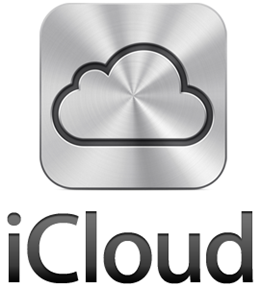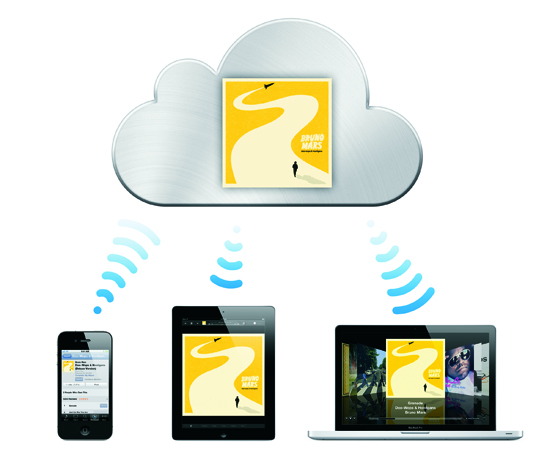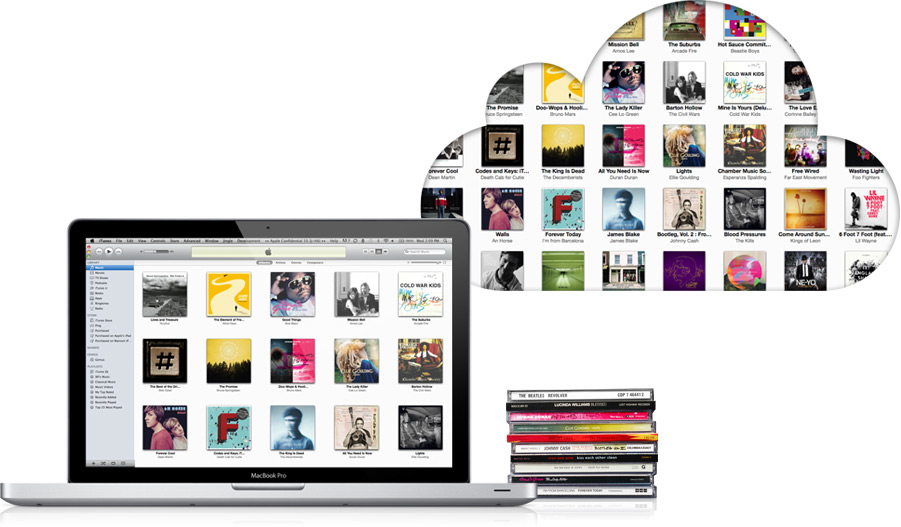After months of speculation and denial by many, iCloud was unveiled today at WWDC. The new service is Apple’s answer to cloud computing and an extension, and replacement, of its online offerings. After the failure of MobileMe, which was introduced back in 2009, Apple is attempting succeed with its new replacement: iCloud".
What About MobileMe? Your MobileMe account will no longer be available starting from June 30, 2012:
Effective June 6, 2011, if you had an active MobileMe account, your service has been automatically extended through June 30, 2012, at no additional charge. After this, the MobileMe service will no longer be available.
What will happen to the content I have on MobileMe?
Apple has announced a new service called iCloud which will be available this fall and free for iOS 5 and OS X Lion users. When you sign up for iCloud, you’ll be able to keep your me.com or mac.com email address and move your MobileMe mail, contacts, calendars, and bookmarks to the new service.
So yes, iCloud is the replacement to MobileMe, actually it is much more than what MobileMe ever was. Here’s what you need to know.
Features
iCloud includes features that were previously available in MobileMe, as well as others we’re just finding out about now. They include:
Online Apps: many of iCloud’s features have roots in MobileMe, such as online Contacts and Mail Apps, which have been written from scratch, since according to Jobs, they the company has "learned a lot" since it built MobileMe.
Heavily Enhanced Syncing: back in the MobileMe days, syncing was merely limited to e-mail and contacts. With iCloud, important files, such as documents and pictures, can be synced across different devices. In addition, iWork users will be able to edit documents over this service and see the changes in real time, even between a Mac and an iPad, for example. That’s unheard of on other Office suites. The same happens with photos, which can be streamed to any device on the fly. Similarly to what happened before, information that’s added or modified on one device will be immediately pushed down to the remaining devices.
Backup: iCloud will allow data such as settings, books, pictures, video and even Apps to be backed up and show up across all your devices. That will eliminate the need for huge set ups during system reinstalls, for example.
iTunes in the Cloud (Your Music Locker): this service allows any newly purchased content, such as songs, Apps or iBooks, to be automatically synced over the air to up to 10 devices. For already purchased content, users will have the option to download each song, App or book individually.
Availability
iCloud and all its features will be available this fall, although there’s no release date set as of yet. Developers can try out iCloud starting from today.
Probably the most surprising fact about this service is it’s price, or lack of it: iCloud is completely free. There’s a 5GB limit, although purchased items and Photo Stream won’t add to it.
Whether this service will succeed will solely depend on how much traction it manages to get. Apple’s tract record on online services is pretty bleak, but the lack of price tag could help build up the excitement. Only time will tell.
You can follow us on Twitter or join our Facebook fanpage to keep yourself updated on all the latest from Microsoft, Google and Apple.




